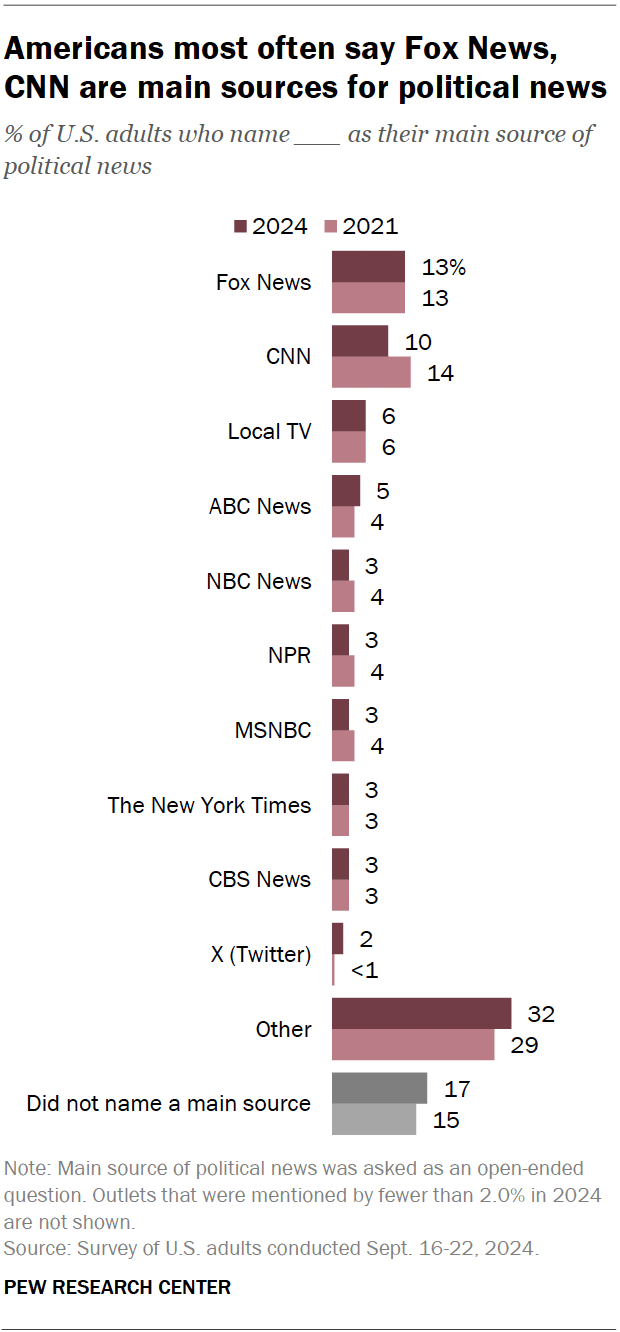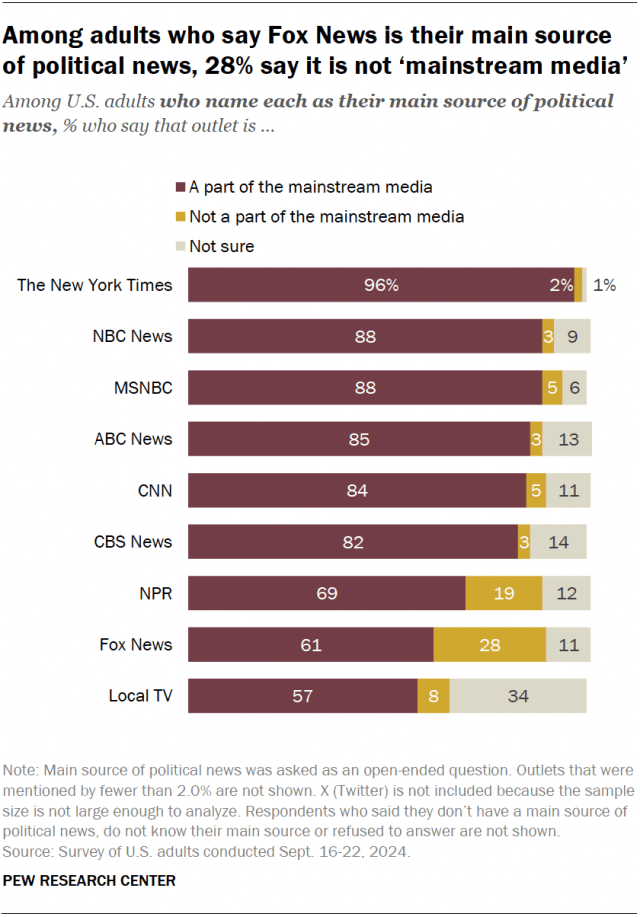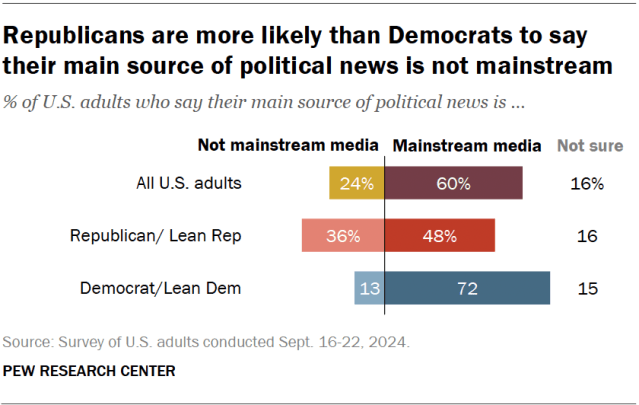Still need to vote in the 2024 presidential election? You may be able to go to work.
Paid voting leave can make voting easier for many, including parents, people with unpredictable schedules, and employees who can’t afford to lose wages — or risk retribution from their employers — to take the time to do their civic duty.
But voting leave isn’t guaranteed by U.S. federal law. That decision is left at the discretion of each state, and each policy varies. Currently, just 21 states, the District of Columbia, and Puerto Rico guarantee the right to paid voting leave. Eight additional states protect the right to take time off work but don’t specify whether it’s paid or unpaid. The remaining 21 states don’t grant voting leave rights at all.
Ahead of Tuesday’s general election, here are the states that guarantee paid time off to vote.
States where you get paid time off to vote
Residents of states that grant paid voting leave are generally entitled to one, two, or three hours of paid time off work (not to be combined with lunch or break time) to cast their ballots. Washington, D.C., and Puerto Rico grant workers up to two hours while polls are open.
An exception to this is if the employee has “reasonable time” to cast their ballot on Election Day, meaning that the polls are open for a certain number of hours before or after the employee’s shift.
Another factor that varies by state is whether employees have to give notice of their absence and, if so, how far in advance. For example, West Virginia requires employees to give written notice of their intent to take voting leave at least three days before an election, and workers in Maryland must provide evidence that they actually went to vote (or at least attempted to).
Alaska
Paid time off: As much as needed.
Exception: There’s no need to grant voting leave if the polls are open at least two hours before or after the employee’s work hours.
Is advance notice necessary? No.
For more information, see the Alaska voting leave statute.
Arizona
Paid time off: Up to three hours while polls are still open.
Exception: Employees aren’t entitled to voting leave if polls are open for at least three hours before or after the employee’s shift.
Is advance notice necessary? Yes, employees must request voting leave before Election Day.
For more information, see the Arizona voting leave statute.
California
Paid time off: The employee can take as much time as necessary if they don’t have enough time to vote outside working hours.
Exception: Paid time off is limited to two hours, but the employee can take additional time (unpaid) if needed.
Is advance notice necessary? Yes, at least two workdays before Election Day.
For more information, see the California Voting Leave statute.
Colorado
Paid time off: Up to two hours while polls are open.
Exception: Voting leave doesn’t apply to employees who have at least three hours to go to the polls before or after their work.
Is advance notice necessary? Yes, employees must ask for this leave before Election Day.
For more information, see the Colorado voting leave statute.
Illinois
Paid time off: Up to two hours of paid leave while polls are open.
Exception: Employees who have a window of two hours or more before or after work — and polls are open during those two hours — don’t qualify.
Is advance notice necessary? Yes, arrangements must be made before Election Day.
For more information, see the Illinois Voting Leave statute.
Iowa
Paid time off: Up to three consecutive hours while polls are open.
Exception: Voting leave isn’t guaranteed if the employee has two hours outside their work schedule to vote, and the polls are open.
Is advance notice necessary? Yes, employees must submit a written request before Election Day.
For more information, see the Iowa Voting Leave statute.
Kansas
Paid time off: Employees are entitled to up to two hours of paid leave.
Exception: The statute does not apply to employees who have two hours available to vote before or after work.
Is advance notice necessary? Not specified.
For more information, see the Kansas Voting Leave statute.
Maryland
Paid time off: Up to two hours.
Exception: The statute doesn’t apply to employees who have at least two hours outside of work to vote while polls are still open.
Is advance notice necessary? No, but employees must submit proof that they voted or at least attempted to.
For more information, see the Maryland Voting Leave statute.
Minnesota
Paid time off: Employees can take as much time as needed to vote in person on or before Election Day.
Exception: Not specified.
Is advance notice necessary? Not specified.
For more information, see the Minnesota voting leave statute.
Missouri
Paid time off: Up to three consecutive hours.
Exception: Voting leave isn’t necessary if the employee has three hours available before or after work (and the polls are open during that time).
Is advance notice necessary? Yes, employees must give notice before Election Day
For more information, see the Missouri Voting Leave statute.
Nebraska
Paid time off: Up to two hours while polls are open.
Exception: Employees aren’t eligible if they have two hours or more to vote before or after work.
Is advance notice necessary? Employees must request voting leave on or before Election Day
For more information, see the Nebraska Voting Leave statute.
Nevada
Paid time off: One to three hours depending on the distance the employee must travel from their workplace to the polling site.
Exception: The employer doesn’t have to grant voting leave if the employee has a reasonable amount of time to vote outside working hours. Unlike other state laws, there’s no minimum number of hours specified.
Is advance notice necessary? Yes, employees must give notice before Election Day.
For more information, see the Nevada voting leave statute.
New Mexico
Paid time off: Up to two hours while polls are open.
Exception: Voting leave isn’t necessary if the employee’s shift starts at least two hours before polls open, or ends at least three hours before polls close.
Is advance notice necessary? Not specified.
For more information, see the New Mexico voting leave statute.
New York
Paid time off: Employees are entitled to up to two hours of paid voting leave if they don’t have enough time to do so outside of their scheduled work hours.
Exception: Paid leave isn’t required if the employee has at least four hours (before or after work) to cast their ballot once polls open or before polls close.
Is advance notice necessary? Yes, two to 10 days’ notice before Election Day.
For more information, see the New York Voting Leave statute.
Oklahoma
Paid time off: Up to two hours to vote on Election Day or a day when in-person absentee voting is allowed. They may be entitled to more than two hours if the polling site is too far away.
Exception: Employees are not entitled to voting leave if the polls are open for at least three hours before or after their shift.
Is advance notice necessary? Yes, employees must give oral or written notice at least three days before Election Day or the day of in-person absentee voting.
For more information, see the Oklahoma Voting Leave statute.
South Dakota
Paid time off Eligible employees are entitled to take up to two consecutive hours of voting leave.
Exception: Voting leave isn’t required if the employee has at least two hours to vote before or after their shift ends.
Is advance notice necessary? Not specified.
For more information, see the South Dakota voting leave statute.
Tennessee
Paid time off: Employees can take up to three hours to cast their ballot.
Exception: This law doesn’t apply to employees who have three or more hours to vote before or after their shift.
Is advance notice necessary? Yes, the deadline to request voting leave is noon on the day before Election Day.
For more information, see the Tennessee Voting Leave statute.
Texas
Paid time off: Employees are entitled to at least two hours.
Exception: Voting leave isn’t necessary if the polls are open at least for two hours before or after the employee’s shift.
Is advance notice necessary? Not specified.
For more information, see the Texas Voting Leave statute.
Utah
Paid time off: Employees are entitled to up to two hours.
Exception: The statute doesn’t apply to employees who have three or more hours outside of work to cast their ballot.
Is advance notice necessary? Yes, the employee must apply for voting leave before Election Day.
For more information, see the Utah voting leave statute.
West Virginia
Paid time off: Employees are entitled to up to three hours.
Exception: Employers may dock the worker’s pay if the employee takes more than three hours of paid leave and fails to cast their vote during that time.
Is advance notice necessary? Yes, employees must send written notice at least three days before needing voting leave.
For more information, see the West Virginia voting leave statute.
Wyoming
Paid time off: Employees are entitled to one hour of paid voting leave.
Exception: The law does not apply to some federal workers or employees who have three or more hours available outside of work while the polls are open.
Is advance notice necessary? Not specified.
For more information, see the Wyoming Voting Leave statute.
States that guarantee voting leave but not paid time off
The following states grant voting leave for one, two or three hours but whether this time is paid or unpaid is up to the employer: Alabama, Arkansas, Georgia, Massachusetts, North Dakota, Ohio and Wisconsin. Kentucky is the only state that allows up to four hours of this voting leave.
The details of voting leave vary by state. For example, Ohio grants paid time off to vote for salaried employees but not for hourly or commissioned employees. Another example is Massachusetts, where voting rights extend to people who work in manufacturing, mechanical, or mercantile establishments.
States without voting leave laws
The following states don’t have voting leave laws (paid or unpaid). This is typically the case in states with all-mail elections, including Hawaii, Oregon, and Washington, where every eligible voter gets a ballot in the mail without having to request one. (Voters can still cast their ballot in person if they want to.)
That said, several states without voting leave laws don’t conduct all-mail elections — voters have to request early voting or mail-in voting in advance if they can’t get time off work to vote:
- Connecticut
- Delaware
- Florida
- Hawaii
- Idaho
- Indiana
- Louisiana
- Maine
- Michigan
- Montana
- Mississippi
- New Hampshire
- New Jersey
- North Carolina
- Oregon
- Pennsylvania
- Rhode Island
- South Carolina
- Vermont
- Virginia
- Washington
Americans have a wide variety of news sources available to them this election season.
In September, we asked U.S. adults to name the source they turn to most often for political and election news. People mentioned hundreds of unique sources across more than 8,000 open-ended responses, demonstrating the fragmented nature of the modern news environment.

The most common single outlet that Americans name as their main source of political news is Fox News (13%). Older adults are much more likely than younger adults to name Fox News: 22% of those ages 65 and older say this is their main source for this news, compared with just 5% of adults under 30.
One in ten Americans cite CNN as their top source of political news. This represents a slight decline since the last time we asked this question in 2021 when 14% of respondents said CNN was their main political news source.
Beyond Fox News and CNN, at least 2% of Americans name eight other sources:
- A specific local TV station or local TV in general
- Other national TV news channels (ABC News, NBC News, MSNBC, or CBS News)
- NPR, the only radio organization among these top sources
- The New York Times, the only traditional newspaper on the list
- X, the social media platform formerly known as Twitter. A previous Pew Research Center study found that X is more of a destination for news than other social media sites.
About a third of Americans (32%) name a source other than these top 10. Another 17% say they don’t have a main source of election news or decline to answer the question.
Our September survey also asked respondents what platform they most often use for election news (e.g., TV, news websites, etc.) and whether they use several specific news outlets (including many of the most common sources mentioned above) as a major or minor source of political news.
Do Americans view their main source of political news as part of the mainstream media?
The September survey also asked Americans whether they think their main source for political news is part of the “mainstream media.”

Across many of the most common sources, large majority of those who use each source say it is part of the mainstream media. For example, 84% of those who say CNN is their top source of election news say it’s part of the mainstream media, compared with just 5% who say it is not.
A majority of people who list Fox News as their main source say it is part of the mainstream media (61%). But this cable news network has a larger share of users who say that it is not mainstream (28%) than other top news outlets. About one in five Americans who name NPR as their main source of political news (19%) also say it is not mainstream media.
A relatively slim majority of Americans who say local TV is their main source of political news (57%) see it as mainstream media, but just 8% say this is not the case. Another 34% of these local TV news consumers say they aren’t sure whether their station is part of the mainstream media.
Partisanship and mainstream media
Overall, among those who listed a main source of political news, six in ten say that their source is part of the mainstream media. About a quarter (24%) say it is not mainstream and 16% aren’t sure.

Among those who named a main source of political news, Democrats and Democratic-leaning independents are more likely than Republicans and GOP leaners to say that their main source of political news is part of the mainstream media (72% vs. 48%).
Meanwhile, Republicans are more likely than Democrats to say their main source of political news is not part of the mainstream media (36% vs. 13%).

